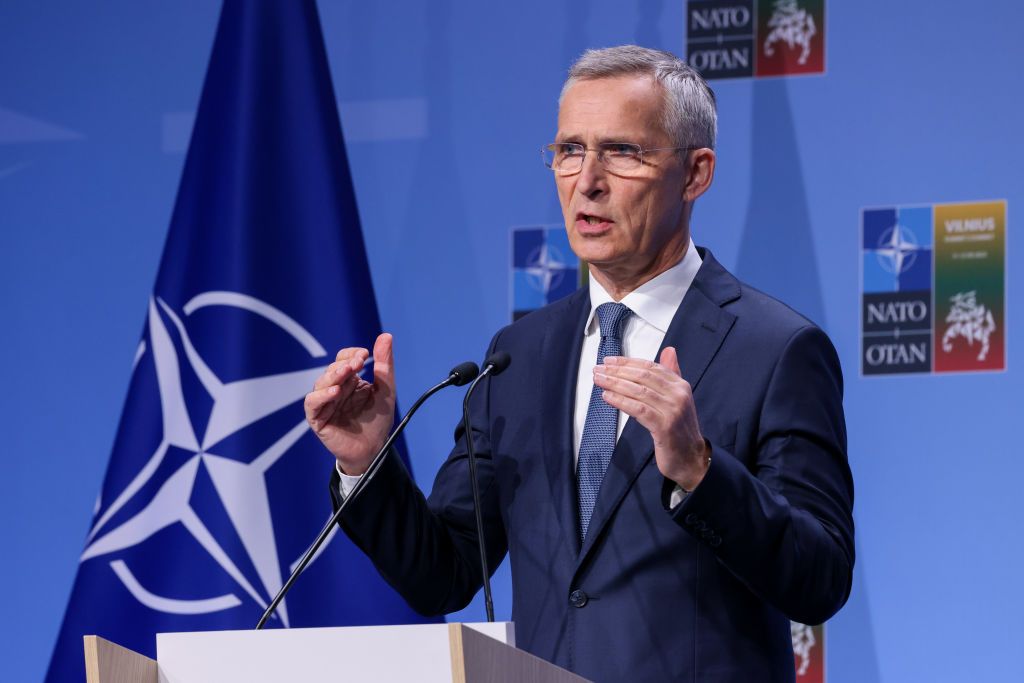NATO chief Jens Stoltenberg emphasized the need for allies to fulfill their promises of military support to Ukraine in order for Kyiv to win the war against Russia. He highlighted the delays in U.S. aid and the impact it has had on the deteriorating situation on the battlefield in Ukraine. European countries like the U.K., Germany, Denmark, and the Netherlands have recently pledged further military aid to Ukraine. Stoltenberg expressed optimism that with increased support on the way, Ukraine still has a chance to prevail in the conflict.
After almost seven months of delays, the U.S. Congress finally approved $61 billion in aid for Ukraine, predominantly in the form of military assistance. President Joe Biden swiftly signed the legislation, leading to the announcement of a $1 billion defense package by the Pentagon. The aid package includes a range of weapons and equipment such as missiles for air defense, anti-aircraft missiles, anti-armor systems, infantry fighting vehicles, and various ammunition. The Pentagon stated that this aid would bolster Ukraine’s ability to defend its frontlines, protect its cities, and counter Russia’s continued attacks.
The Pentagon announced its readiness to send $1 billion worth of weapons from U.S. stockpiles to Ukraine following the approval of the aid package by President Biden. Some of the military aid is already reportedly in Germany and Poland, which will reduce the time needed for the weapons to reach the front line. However, other pieces of aid may take longer as they may need to be transported from the U.S. or other locations. Some items may also need to be purchased or manufactured, further extending the timeline for their deployment to Ukraine.
The U.S. government passed the REPO Act on April 20, which provides legal authority to confiscate frozen Russian assets for the benefit of Ukraine. This legislation, signed by President Biden alongside the foreign aid bill for Ukraine, marks a significant step in supporting Ukraine in its conflict with Russia. The act sets the legal framework for the liquidation of frozen Russian assets to provide additional financial support to Ukraine. By adopting this legislation, the U.S. became the first country to implement such a measure, further demonstrating its commitment to aiding Ukraine in its efforts against Russian aggression.
The support from the U.S. and its allies, combined with the legal framework for confiscating Russian assets, presents a stronger front against Russian aggression in Ukraine. The timely delivery of military aid, including weapons and equipment, is crucial for Ukraine to defend itself against Russian attacks and maintain its sovereignty. The commitment of NATO allies to fulfill their promises of assistance will play a vital role in ensuring Ukraine’s ability to counter Russian advances and ultimately emerge victorious in the ongoing conflict. The alignment of political and military support for Ukraine is essential in sustaining its resistance against Russian aggression.


